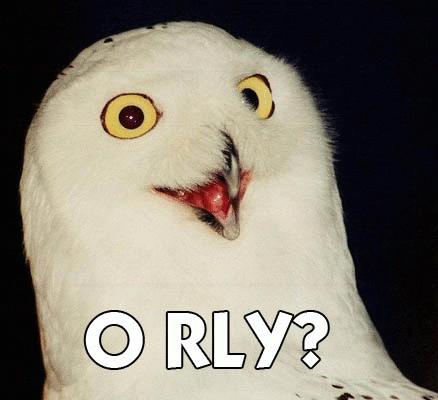duckduckswan
Borelord
- Joined
- Sep 22, 2007
- Messages
- 174
Hello oh rulers of the most fascinating of the CFC forums. I'm doing a medical study and during some down time at the clinic got sucked into a Dan Brown-esque novel which deals with a big catholic conspiracy.
This got me to thinking about Popes and their amazing history, I was wondering if anyone could point me in the direction of a good book/website about their past, both sordid and positive? Searching the forum I found an interesting tidbit about John XXIII being an ex-pirate, and I recall hearing a story about one Pope making his daughter his successor? I find the history fascinating and was hoping you guys could point out some interesting stories. I have only the faintest knowledge of the schism and anti-pope stuff, any enlightenment would be much appreciated.
Cheers,
Swan
This got me to thinking about Popes and their amazing history, I was wondering if anyone could point me in the direction of a good book/website about their past, both sordid and positive? Searching the forum I found an interesting tidbit about John XXIII being an ex-pirate, and I recall hearing a story about one Pope making his daughter his successor? I find the history fascinating and was hoping you guys could point out some interesting stories. I have only the faintest knowledge of the schism and anti-pope stuff, any enlightenment would be much appreciated.
Cheers,
Swan





